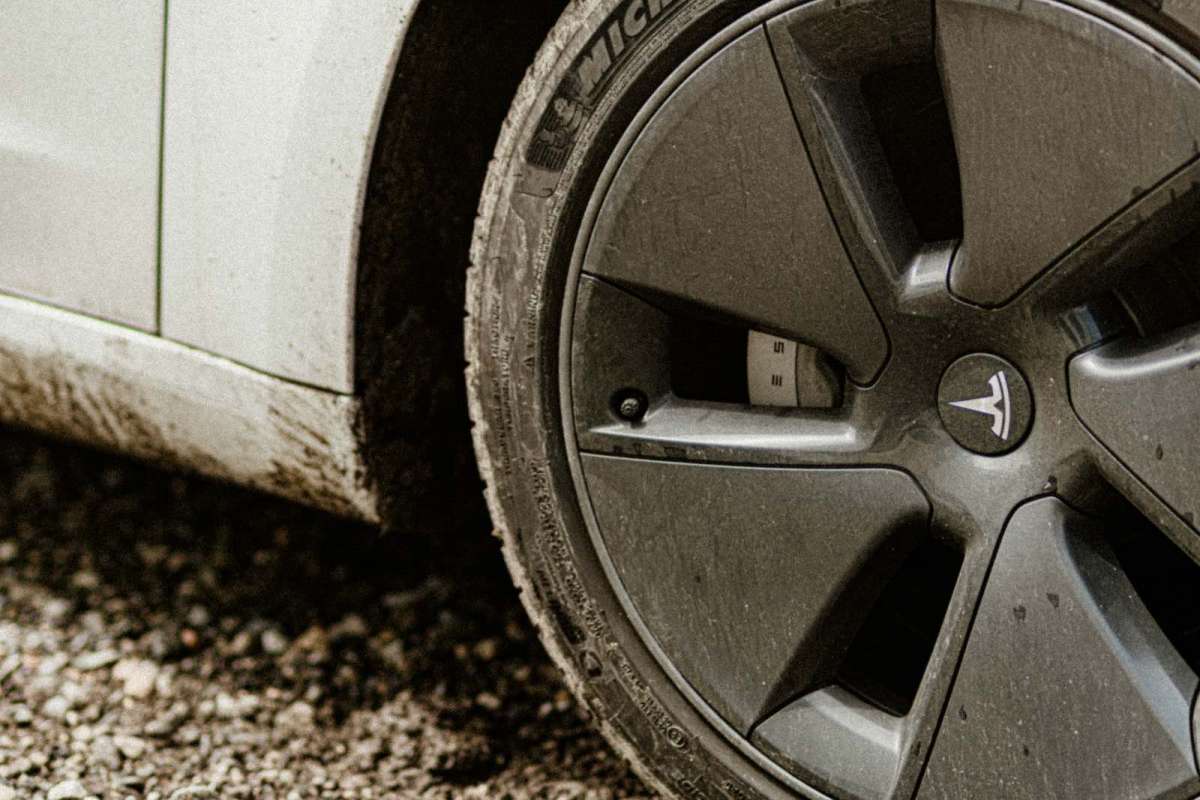And, according to a recent study, electric vehicle (EV) owners are replacing their tires twice as often as owners of traditional gasoline-powered vehicles. This surprising finding has sparked a debate among researchers, environmentalists, and car manufacturers about the impact of EVs on tire wear and the potential environmental consequences.
One possible explanation for this phenomenon is the weight of the batteries in electric vehicles. EVs tend to be heavier than traditional vehicles due to their reliance on large, heavy batteries to power the electric motor. This extra weight puts more pressure on the tires, causing them to wear out more quickly. In addition, electric vehicles often have higher torque, which can also contribute to increased tire wear.
Another factor to consider is the driving style of EV owners. Many electric vehicle owners are early adopters of new technology and are known for driving their cars more aggressively, which can lead to increased tire wear. Additionally, some EVs have the capability for regenerative braking, which can also cause more rapid tire degradation.
It’s also important to note that driving conditions and road surfaces can play a significant role in tire wear. EV owners may be more likely to drive on rough or uneven roads, which can cause tires to wear out faster. Moreover, the regenerative braking in some electric vehicles can put additional stress on the tires, leading to increased wear and tear.
The environmental impact of increased tire replacement for EVs is a significant concern for many stakeholders. Tires are a major source of waste and pollution, as they contain harmful chemicals and materials that can be released into the environment when disposed of improperly. Additionally, the manufacturing and transportation of tires also contribute to carbon emissions, adding to the overall environmental footprint of EV ownership.
In response to these concerns, some manufacturers are working to develop tires specifically designed for electric vehicles, with a focus on durability and longevity. These EV-specific tires are being engineered to withstand the unique demands of electric vehicle driving, such as the extra weight and torque, as well as the potential for regenerative braking. Additionally, researchers are exploring alternative materials and manufacturing processes that could reduce the environmental impact of tire production and disposal.
Furthermore, efforts are being made to educate EV owners about proper tire maintenance and driving habits that can help extend the life of their tires. Simple practices such as regular tire rotations, proper tire inflation, and avoiding aggressive driving can all contribute to reducing tire wear and prolonging the lifespan of tires on electric vehicles.
In conclusion, the increased frequency of tire replacement for electric vehicles raises important questions about the environmental impact of EV ownership. While the weight of the batteries and driving style of EV owners may contribute to increased tire wear, efforts are underway to develop more durable tires and promote sustainable driving habits among EV owners. By addressing these issues, the industry can work towards minimizing the environmental consequences of increased tire replacement for electric vehicles.
